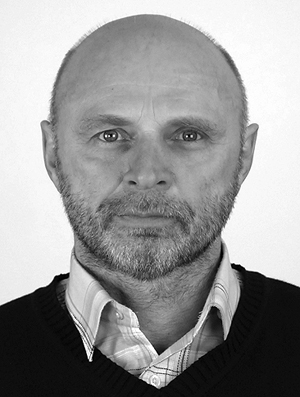Development of Motor Intelligence of Children as Integral Factor of Intensive Formation of All-Round Knowledge and Health
Фотографии:
ˑ:
O.B. Malkov, associate professor, Ph.D.
V.V. Gozhin, professor, Dr.Hab.
Russian State University of Physical Culture, Sport, Youth and Tourism (SCOLIPC), Moscow
Key words: intelligence, children, development, movement.
Modern conditions of the motor development of children from birth to 7 years are characterized by a sharp decrease in activity. If the problems of hypodynamia and its negative consequences are obvious, the decrease in the volume of motor tasks solved, limiting their complexity and their delayed presentation to children provokes functional cerebral underdevelopment and as a consequence reduction of general intelligence.
The purpose of the study was to consider the problem of development of children's motor intelligence as an integral factor of intensive formation of all-round knowledge and health.
On the basis of the current scientific knowledge about motor intelligence the following provisions can be distinguished:
- the full value child's cerebral development depends on timely, age-related, solution of motor tasks of a certain amount and complexity;
- motor intelligence (characterizing the level of development of abilities to solve motor tasks) is crucial in the development of other types of intelligence;
- underestimation of the importance of development of children's motor intelligence is adversely affected throughout their lives.
Motor intelligence is being intensively developed from the age of 6-7 years, it improves in the adolescence, but much slower, motor intelligence of adults develops only in the case of applying special teaching methods.
References
- Bernstein, N.A. On dexterity and its development / N.A. Bernstein. – Мoscow: Fizkultura i sport, 1991. – 209 P. (In Russian)
- Viktorov, A.Ya. Playing psychomotor training of schoolchildren to solve motor tasks in critical and conflict situations: teaching aid for students of institutes of physical culture / A.Ya. Viktorov, O.B. Malkov, V.A. Viktorov. – Мoscow: MSPU, 2012. – 100 P. (In Russian)
- Doman, Glen Child's harmonious development / Glen Doman. – Мoscow: Akvarium, 1996. – 170 P. (In Russian)
- Psychodiagnostic methods in the complex longitudinal study of students / Ed. by A.A. Bodalev, I.M. Paley, M.D. Dvoryashina. – Leningrad, 1976. – 248 P. (In Russian)
- Choshanov, M.A. TMI - theory of multiple intelligences / M.A. Choshanov. – Мoscow: Direktor Shkoly, 2000. – № 3. – P. 69-75. (In Russian)




 Журнал "THEORY AND PRACTICE
Журнал "THEORY AND PRACTICE